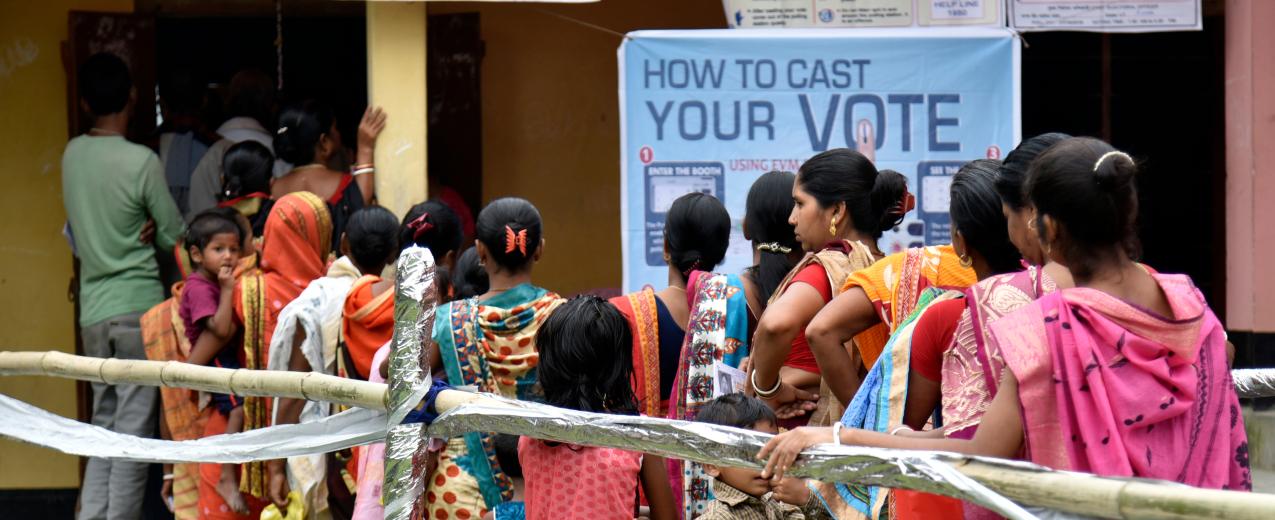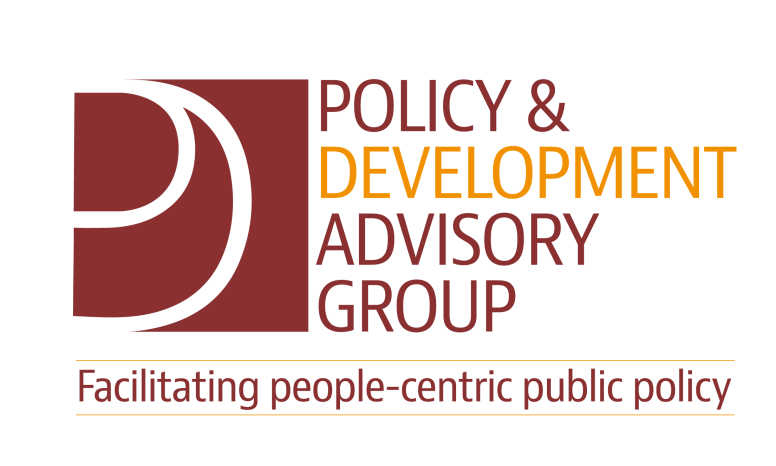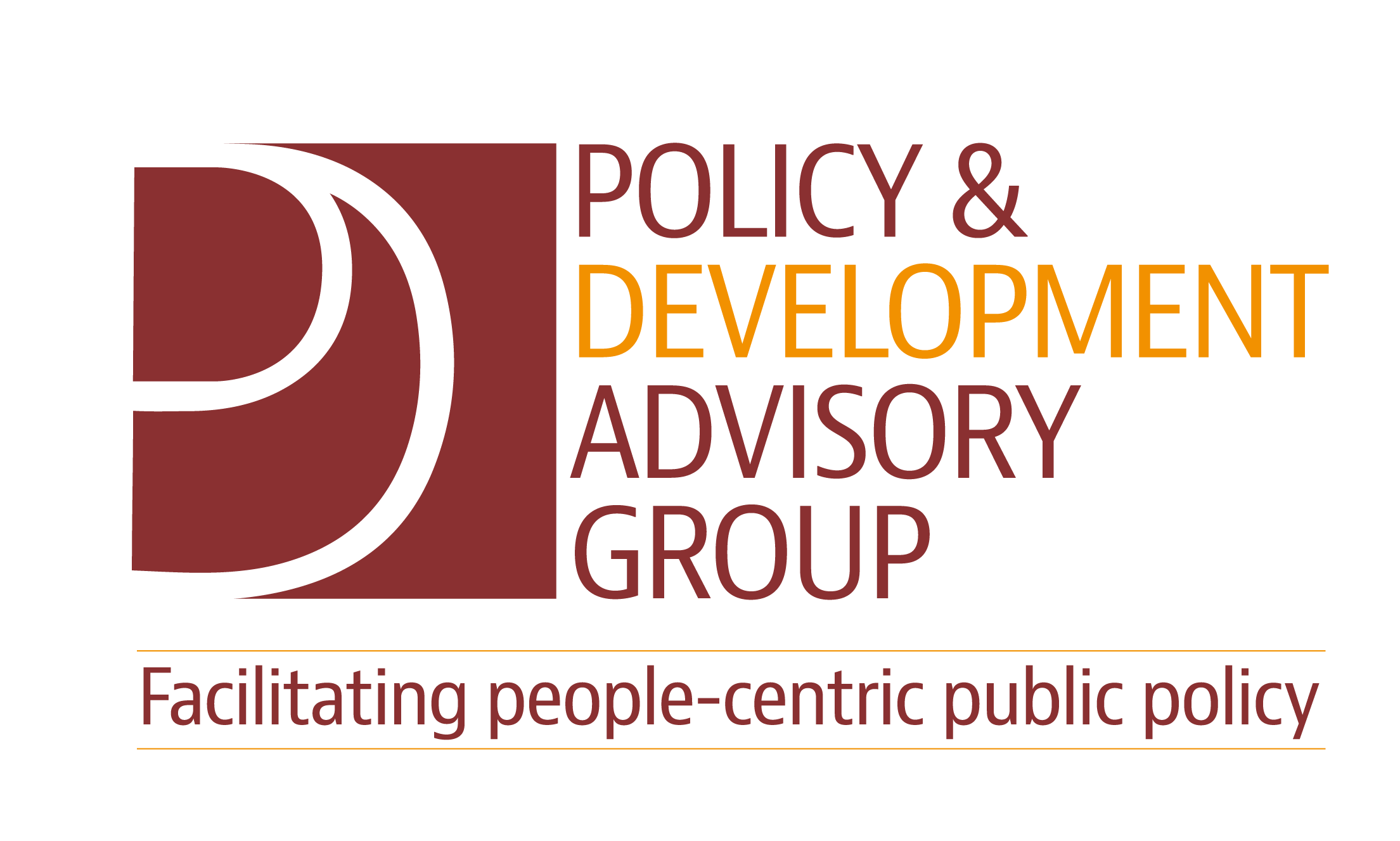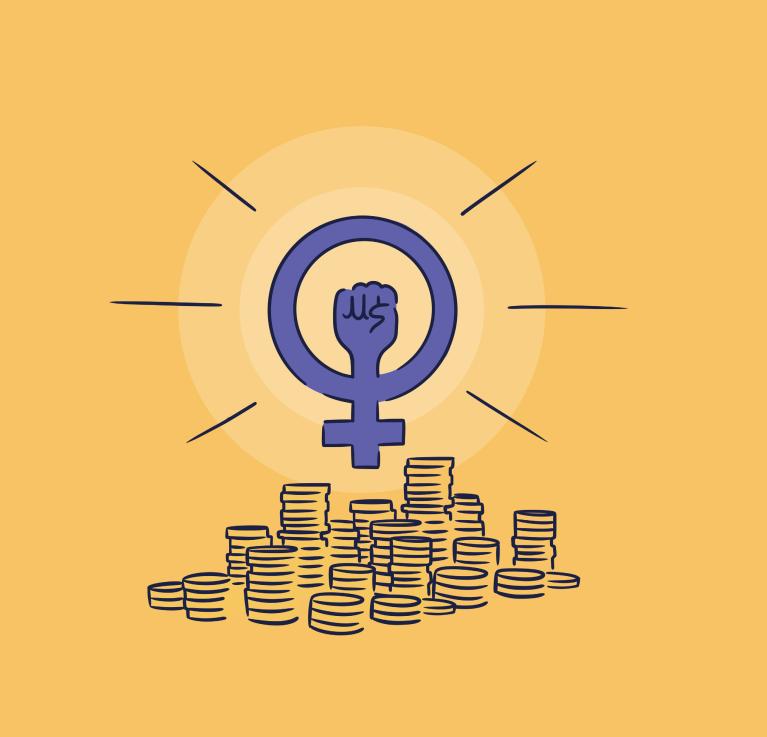
Social attitudes and norms about women’s political leadership have witnessed some positive shifts over the last three decades; this has resulted in an increased, albeit still low, representation of women in politics. This improvement, however, has not been the case for all women in their diversity. Women from racial and religious minorities and lower-class backgrounds continue to be systematically underrepresented and marginalized in formal political institutions.
Exclusions and marginalization of women in politics based on class – or socio-economic status - need urgent attention because they negatively impact democracies and gender equality. Anti-gender and anti-feminist actors weaponize difference and use populist narratives around class and race, ethnicity, caste or religious identities to roll back rights.
In response to these pressing concerns about democratic representation and gender equality, ALIGN is conducting new research on Navigating gender equality and class-based divisions in politics in partnership with Policy and Development Advisory Group (PDAG) in India.
The project focuses on the intersection of caste and patriarchal norms and examines how they have shaped political participation of women leaders from Scheduled Castes, Scheduled Tribes, and Other Backward Classes backgrounds, in the aftermath of the mandated reservation of seats for women in local self-governments. It simultaneously seeks to understand how women leaders elected through such quotas negotiate with such norms and shape their political careers. The research team uses qualitative methods - life history and key informant interviews - and compares two Indian states, namely Maharashtra and Jharkhand.
The project was launched in January 2025 and is currently ongoing.
About the research partner


Policy and Development Advisory Group (PDAG) is a New Delhi-based social enterprise founded in 2018, focused on fostering evidence-based, data-driven policy solutions that place people and communities at the centre of decision-making. Through rigorous research, strategic communications, and multi-stakeholder policy engagement, PDAG works to address complex challenges across its key practice areas- labour mobility and the future of work, governance and political economy, climate change and sustainability, and digital cultures and futures. PDAG’s collaborative efforts with policymakers, multilateral bodies, and academic institutions drive impactful, scalable outcomes in public policy advisory, research, and strategic storytelling.

